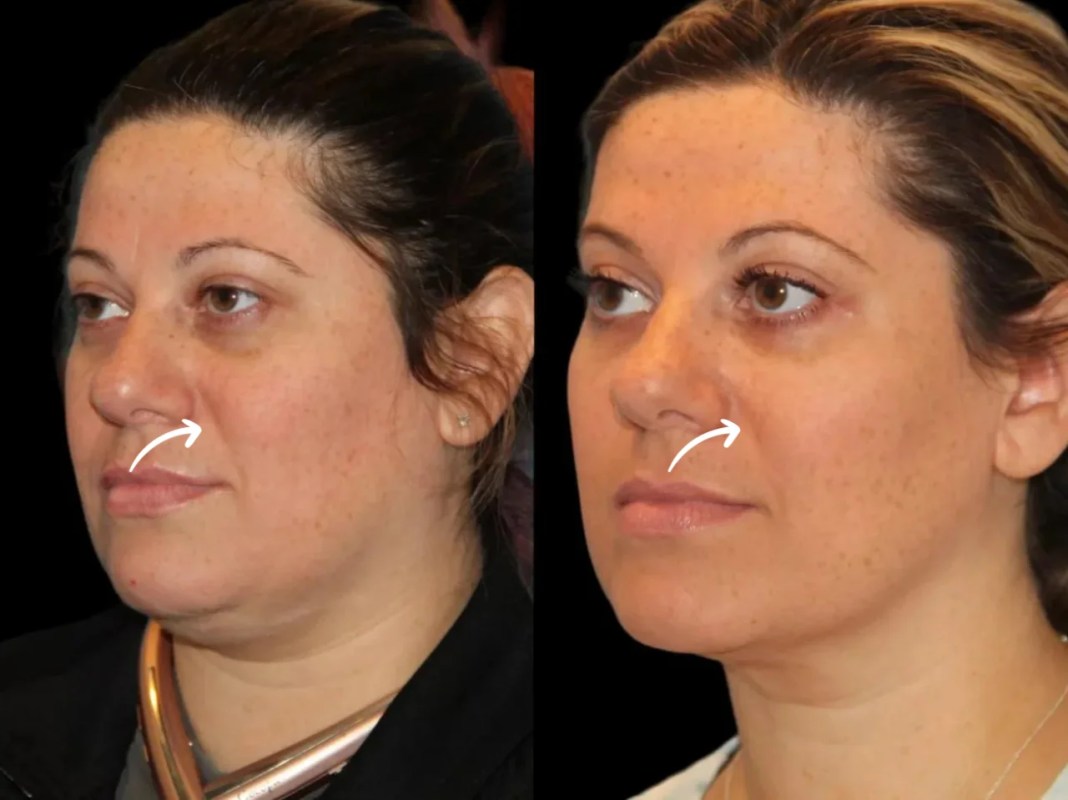Infertility Treatment in Lucknow: Myths vs. Facts You Should Know
Infertility is one of the most sensitive and misunderstood health issues faced by many couples today. Despite the growing awareness and advancements in medical science, several myths still surround infertility and its treatment. In cities like Lucknow, where both traditional beliefs and modern medicine coexist, it becomes even more important to separate myths from facts. Understanding the truth can help couples make informed decisions and seek timely medical intervention from an experienced Gynecologist in Lucknow.
Myth 1: Infertility Is Always a Woman’s Problem
Fact: This is one of the most common misconceptions. Infertility affects both men and women equally. According to medical research, around 40% of infertility cases are due to female factors, 40% are linked to male factors, and the remaining 20% are caused by combined or unexplained factors. Male infertility may result from issues such as low sperm count, poor sperm motility, or hormonal imbalance. Therefore, it is crucial for both partners to undergo evaluation before concluding who might be facing fertility challenges. Visiting a reputable Women’s Health Clinic in Lucknow can help identify the root cause and design a tailored treatment plan for the couple.
Myth 2: Stress Alone Can Cause Infertility
Fact: While excessive stress can impact overall health and hormonal balance, it is rarely the sole cause of infertility. Stress may affect ovulation cycles or sperm production temporarily, but it doesn’t directly lead to infertility. The primary causes often involve medical conditions like polycystic ovary syndrome (PCOS), endometriosis, blocked fallopian tubes, or issues related to sperm quality. Effective stress management techniques—such as yoga, counseling, or therapy—can certainly support fertility treatment, but addressing the underlying medical cause remains essential.
Myth 3: Age Doesn’t Matter Much in Conception
Fact: Age plays a critical role in fertility, especially for women. Fertility rates begin to decline after the age of 30 and drop significantly after 35. The quantity and quality of a woman’s eggs diminish over time, making conception more difficult. Men, too, experience a decline in sperm quality with age. Therefore, couples are encouraged not to delay seeking medical advice if they’ve been trying to conceive for more than a year without success. Timely consultation with a qualified Gynecologist in Lucknow can significantly increase the chances of successful conception through appropriate treatment methods.
Myth 4: IVF Is the Only Infertility Treatment Available
Fact: In-vitro fertilization (IVF) is one of the most well-known fertility treatments, but it’s not the only option. Depending on the cause of infertility, doctors may recommend medications to stimulate ovulation, intrauterine insemination (IUI), lifestyle changes, or surgical correction of reproductive issues. IVF is usually suggested when other treatments do not yield results. Every individual’s case is unique, and a comprehensive evaluation at a trusted Women’s Health Clinic in Lucknow will help determine the best course of action tailored to specific needs.
Myth 5: Once Infertile, Always Infertile
Fact: Infertility is not always permanent. With the right diagnosis and treatment, many couples can conceive successfully. Medical science has advanced significantly, offering a variety of fertility treatments that have helped countless couples become parents. Conditions such as hormonal imbalance, irregular ovulation, or mild male factor infertility can often be treated with medication or minimally invasive procedures. Regular follow-ups and adherence to the prescribed treatment plan can make a significant difference in the outcome.
Myth 6: Lifestyle Choices Don’t Affect Fertility
Fact: Lifestyle has a direct impact on fertility health. Smoking, excessive alcohol consumption, poor diet, lack of exercise, and irregular sleep patterns can all affect reproductive health. For women, maintaining a healthy weight is crucial since being underweight or overweight can disrupt ovulation. Similarly, men should avoid habits that negatively affect sperm quality, such as excessive heat exposure or substance use. Making simple lifestyle adjustments under medical guidance can often improve fertility outcomes and enhance the effectiveness of infertility treatment in Lucknow.
Myth 7: You Should Try for Years Before Seeking Help
Fact: Waiting too long before seeking medical advice can sometimes reduce the chances of successful treatment, especially with advancing age. Health experts recommend that couples under 35 who have been trying to conceive for over a year—or couples above 35 who have been trying for more than six months—should consult a fertility specialist. Early diagnosis helps identify any underlying medical issues and allows for timely intervention, improving the likelihood of conception.
Infertility can be emotionally challenging, but understanding the facts empowers couples to take proactive steps toward parenthood. Dispelling myths and seeking guidance from qualified professionals ensures the right diagnosis and treatment. If you or your partner are facing fertility challenges, don’t hesitate to reach out to a trusted expert.
Dr Mansi Dhingra, an accomplished Gynecologist in Lucknow, brings over a decade of experience in women’s health and fertility care. As a distinguished member of the Royal College of Obstetrics and Gynaecology (London, UK), she offers compassionate, evidence-based treatment at Narika Women’s Health Clinic Lucknow. Visit Narika Women’s Health Clinic today to begin your journey toward parenthood with confidence and care.












